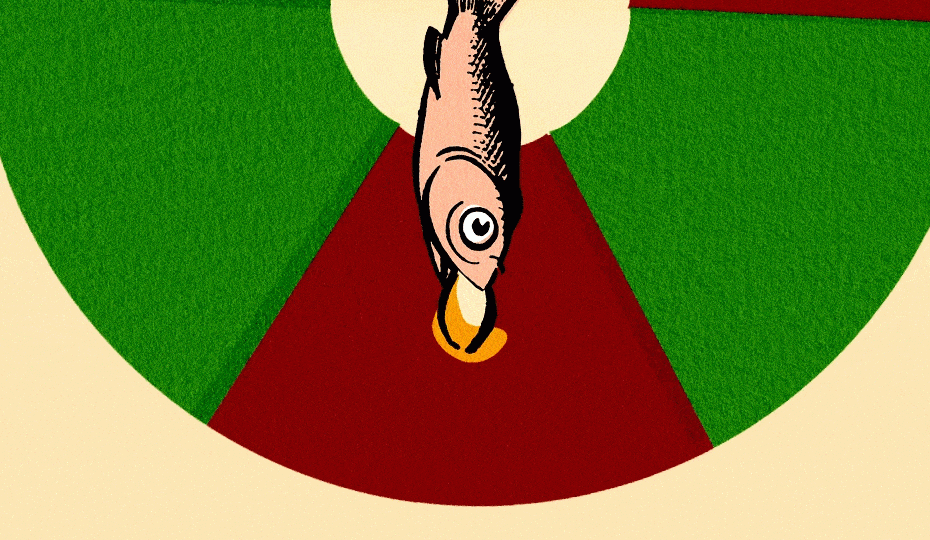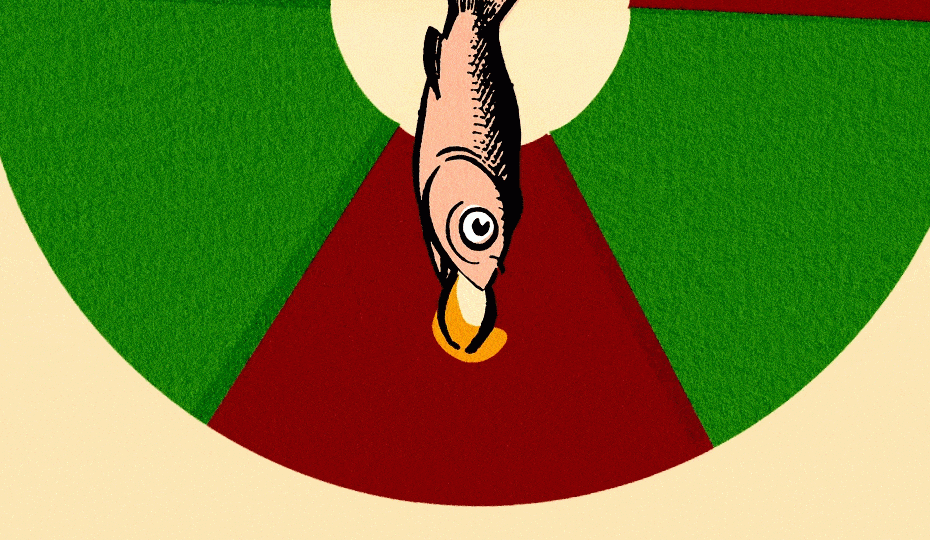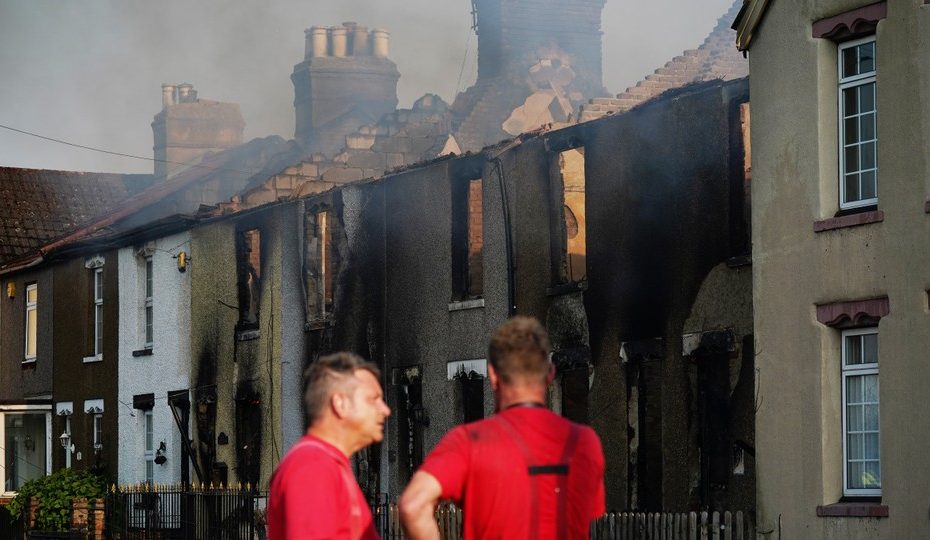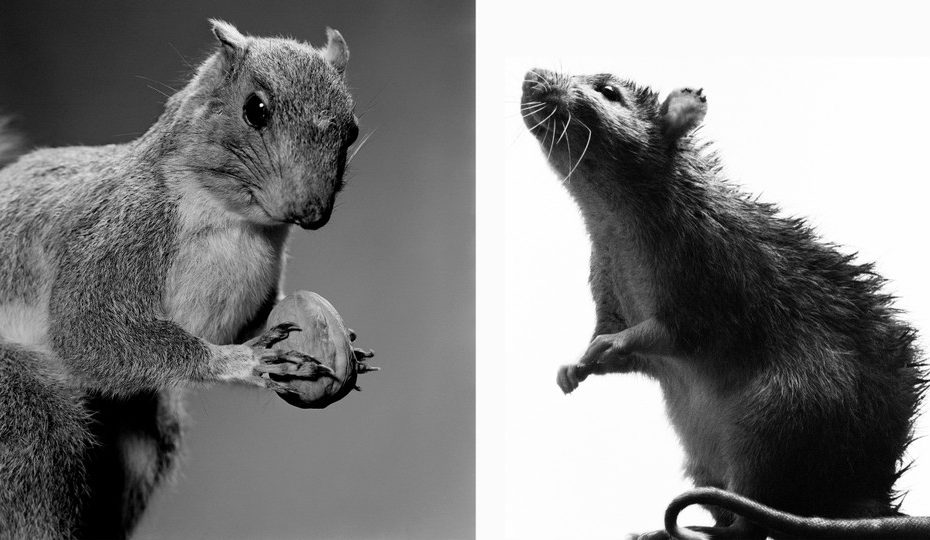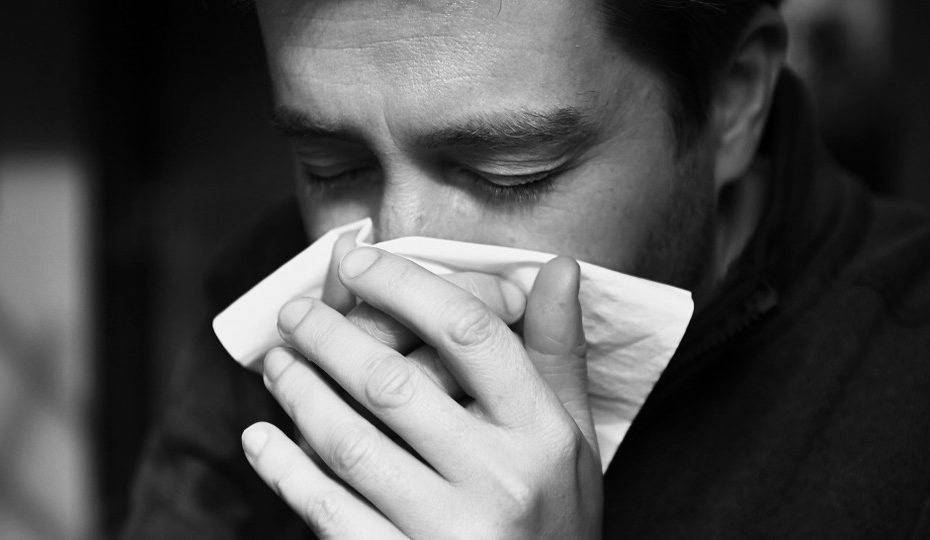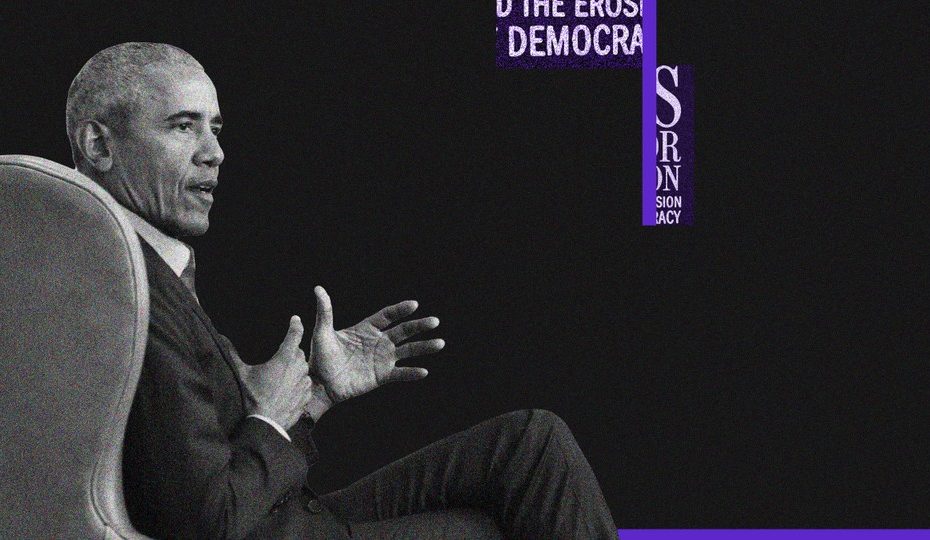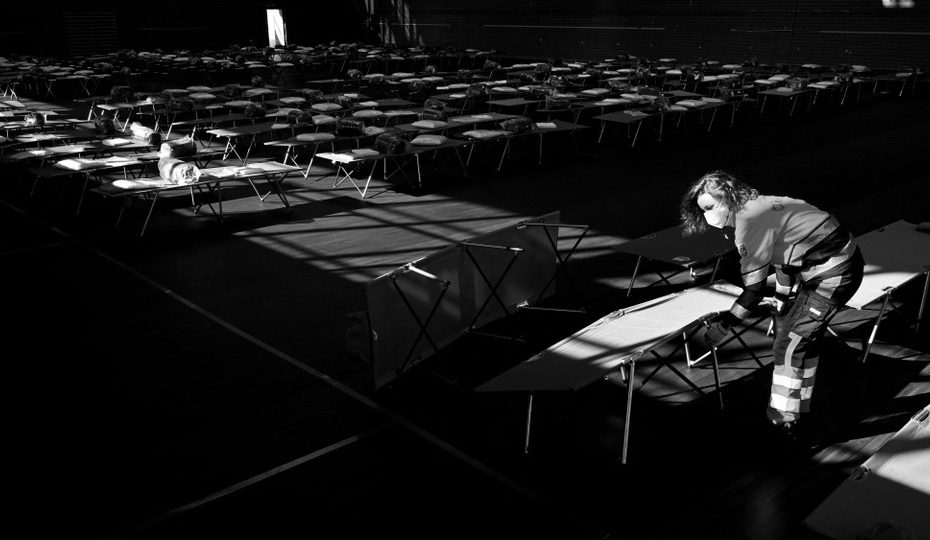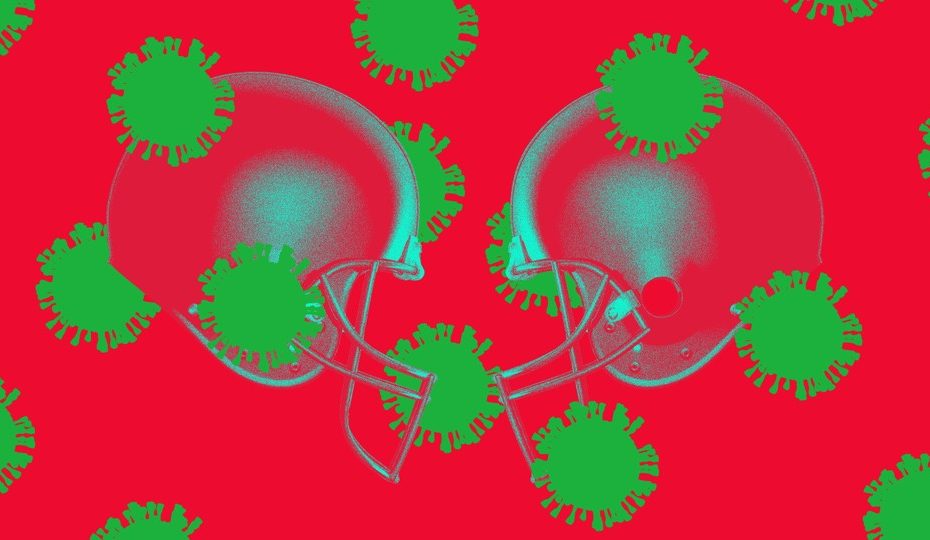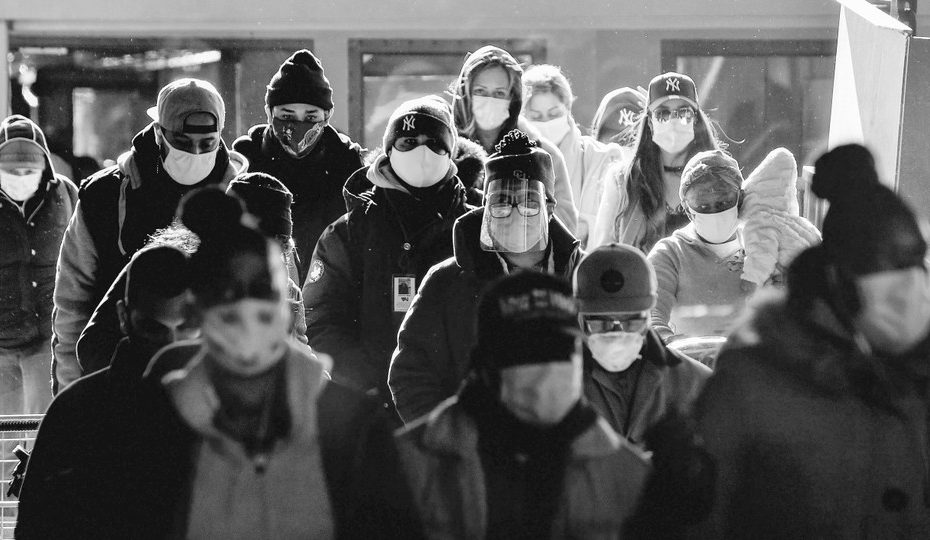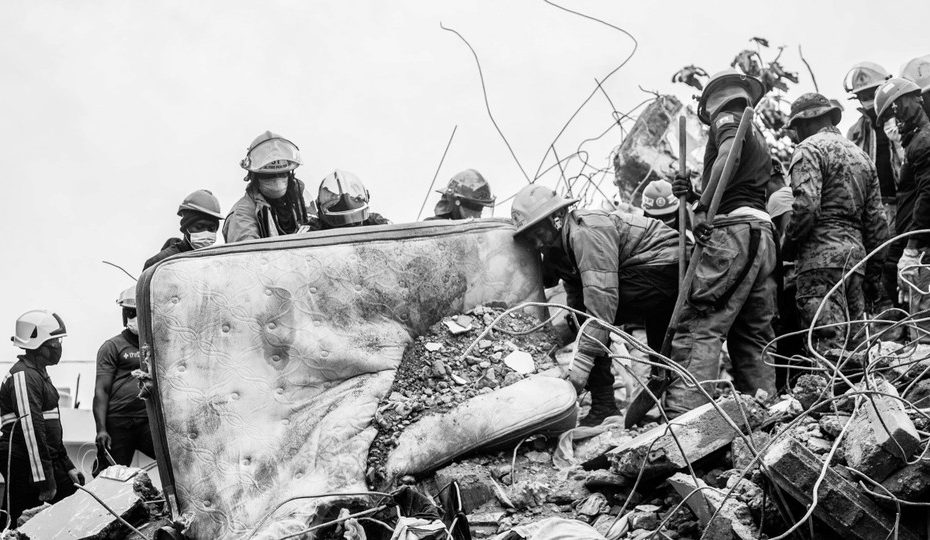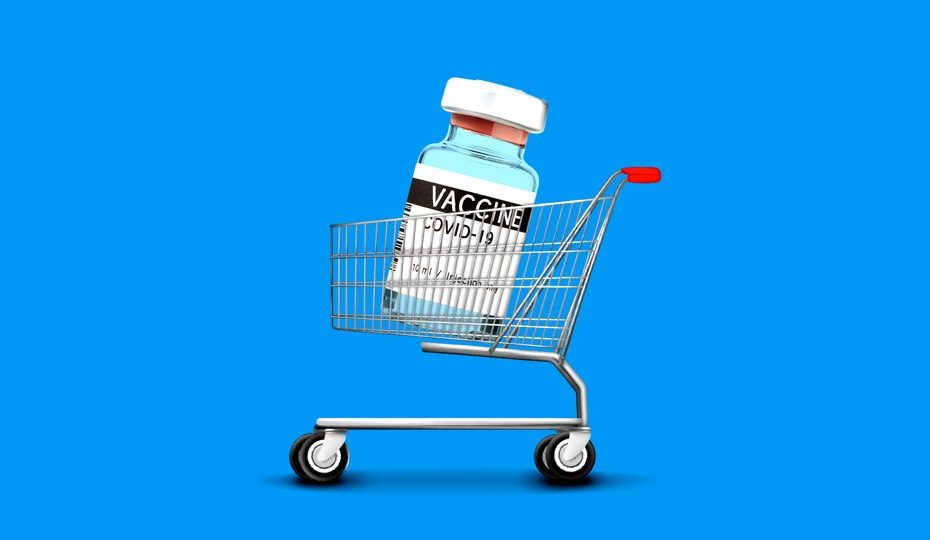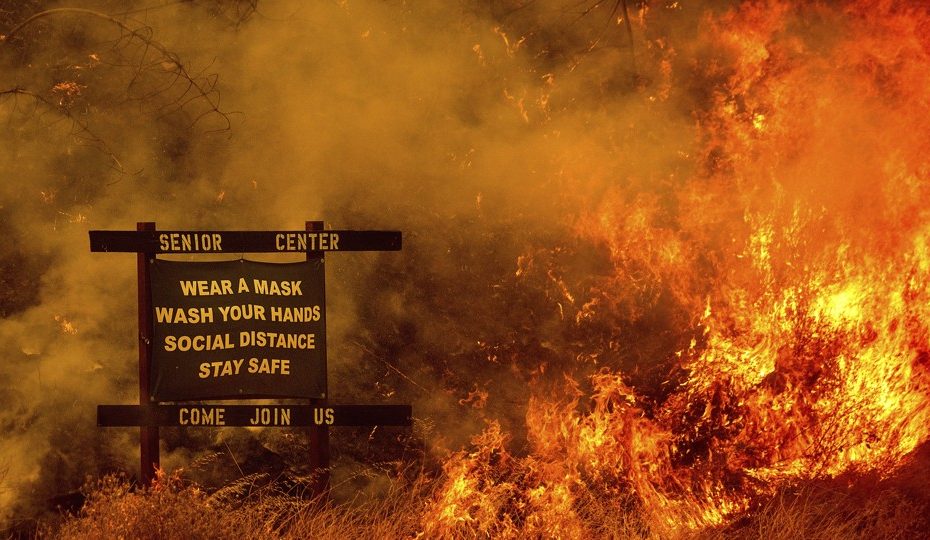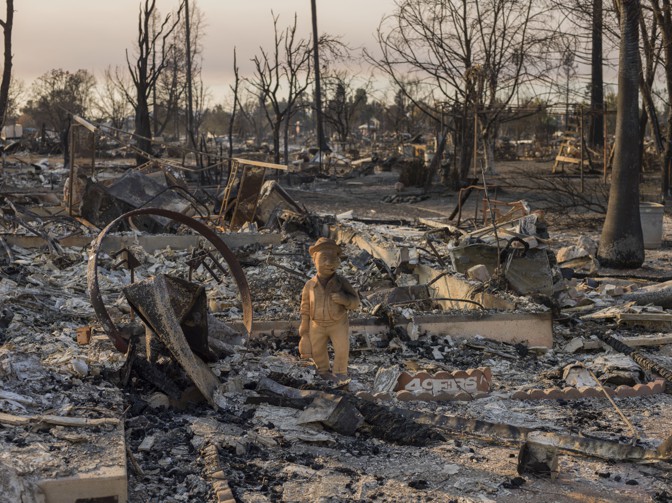Fish Oil Is Good! No, Bad! No, Good! No, Wait
At first, it was all very exciting. In 1971, a team of Danish researchers stationed on Greenland’s northwest coast found that a local Inuit community had remarkably low levels of diabetes and heart disease. The reason, the researchers surmised, was their high-marine-fat diet—in other words, fish oil. Incidence of heart disease, which once afflicted relatively few Americans, had shot up since the turn of the century, and here, seemingly, was a simple solution.

